Who is Eligible for Qurbani on Eid Ul Adha?
Sacrifice is an important act of worship in Islam. Sacrifice is obligatory for the able-bodied person. If one does not perform this great act of worship despite his ability, he is condemned in the hadith. It has been narrated in the hadith, ‘He who has the ability to sacrifice, but does not offer the sacrifice, let him not come to our Eidgah.’ (Mustadrake Hakim, Hadith: 3519; Attargib Wat Tarhib: 2/155)
No doubt that Qurbani is an integral part of Eid-ul-Azha. But who among the people at different levels of society is actually considered capable of Qurbani?
Who is Eligible for the Qurbani?
Nisab is the measure of the ability to perform Qurbani in the name of the Almighty Allah (swt). Nisab means to have 7.5 tolas (3 ounces or 87.48 gram) of gold or its equivalent or 52.5 tolas (21 ounces or 612.36 gram) of silver or its equivalent. However, with zakat, this amount of wealth is not a condition for 1 full year to be required for Qurbani.
Things Need to Know about the Eligibility for Qurbani
This nisab determines the Qurbani is compulsory to whom and who is not eligible for Qurbani. The following rules determine who can perform the Qurbani.
- On the 10th, 11th, and 12th of the Zilhaj month, if a Muslim owns the additional nisab amount of wealth after fulfilling all kinds of household expenses, then Qurbani will have to be done for sure.
- Qurbani is a must-do for a person who will be the owner of a specified amount of wealth between 10 Zilhaj Fajr and 12 Zilhaj evenings.
- To support a family, a minimum amount of land or crops (food grains) is needed. If the value of the land or crop from that amount or the value of any one of them is equal to the value of the nisab amount of property, then the Qurbani is a must.
- If a Muslim owns cash money worth BDT 55,000 or more, gold or silver ornaments, business, as well as additional houses and furniture out of necessity equivalent to nisab, then Qurbani will be mandatory.
- If all members of the family own a nisab amount of wealth, then Qurbani is obligatory for all of them.
- No matter how much wealth a person owns, it requires only one portion of Qurbani. There is no provision for multiple quotas of Qurbani. However, there is more reward in multiple shares of Qurbani.
- If a person swears or intends for Qurbani, whether he is wealthy or not, it must be fulfilled.
- If a poor person buys a sacrificial animal for Qurbani, then Qurbani must be compulsory for that person.
- For Those who pay Zakat, Qurbani must be compulsory for them.
- Qurbani must be performed by every independent, mature owner of wealth, healthy man and woman, according to nisab.
If a person cannot make the wajib Qurbani on the day of 10 to 12th Zilhaj, then it is prescribed to give the value of a goat suitable for the Qurbani if he has not purchased the sacrificial animal. And if the animal was purchased, but could not qurbani for any valid reason, then the animal will be donated alive. (Badayos Sanaye: 4/204; Fatawa Kazikhan: 3/345)
To satisfy Allah (swt) with our qurbani, the intention should be pure. May Allah (swt) grant our qurbani and reward us for the holy sacrifice.
For the best deals, visit the Daraz Eid Fest campaign and enjoy your Eid shopping.
Read Another Article:




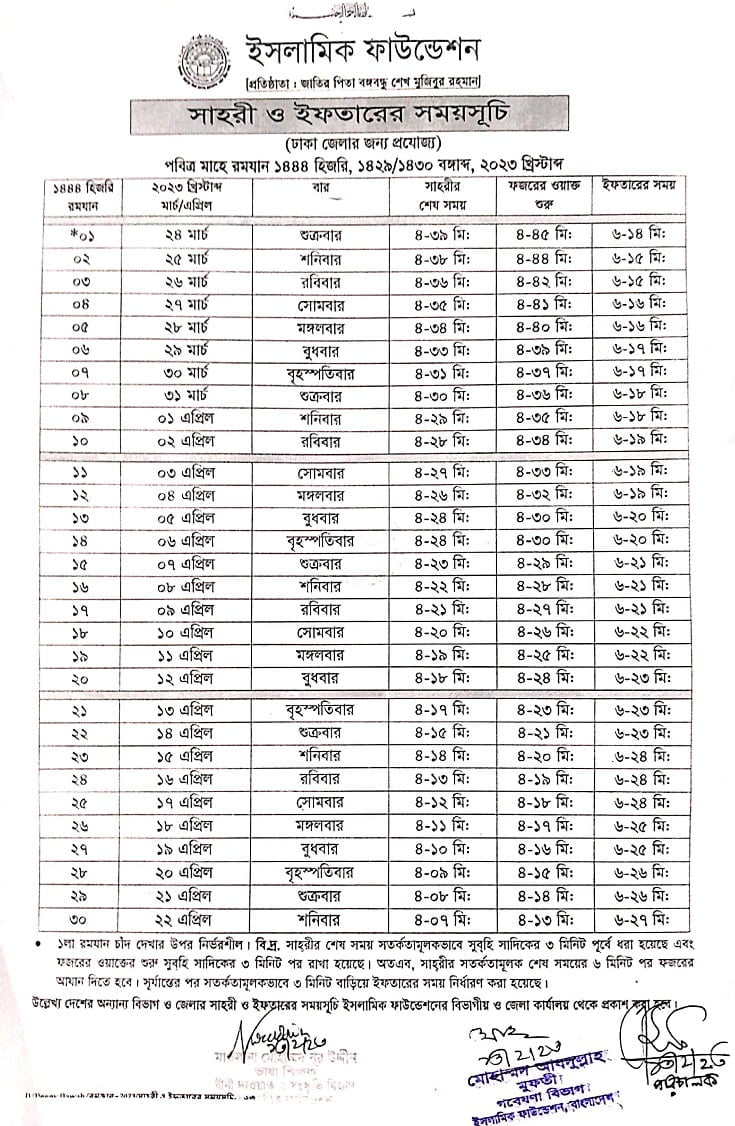
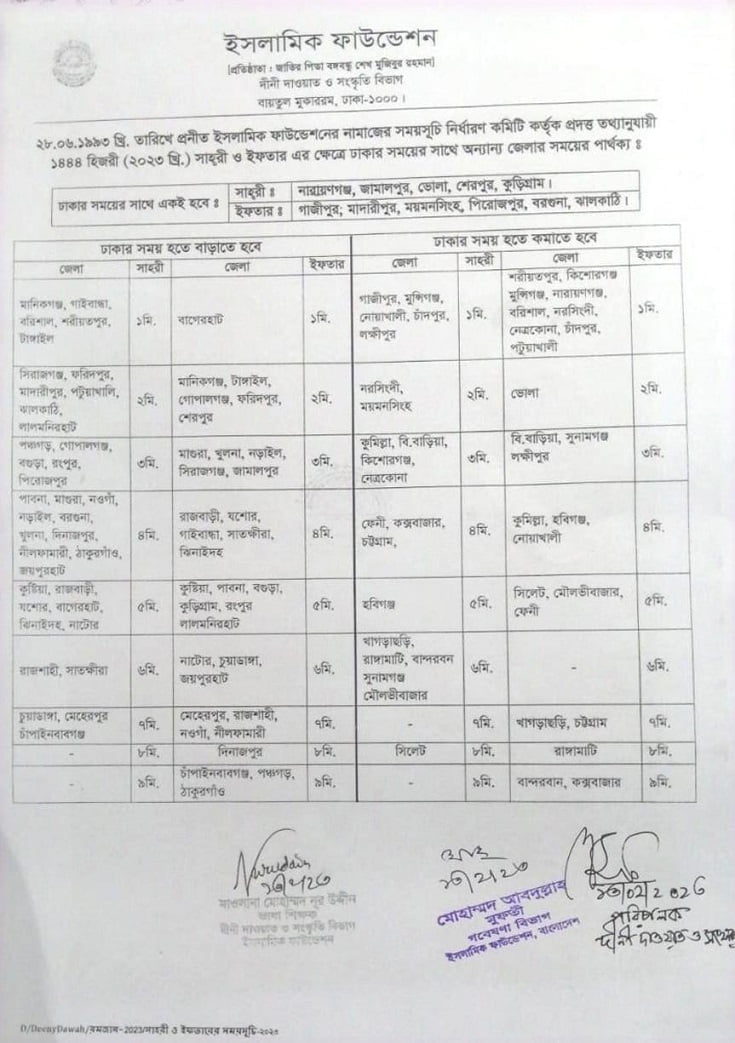


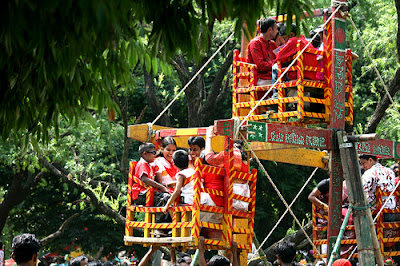




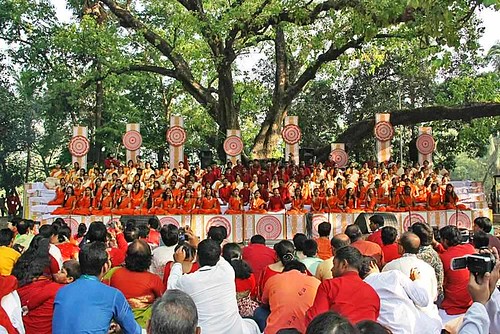
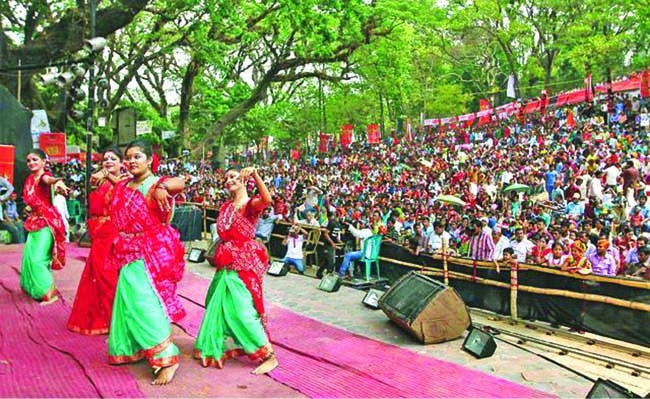
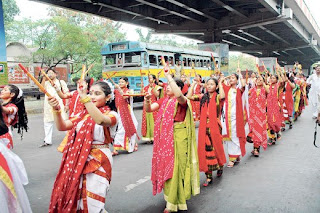





 ঈদ মোবারক
ঈদ মোবারক 